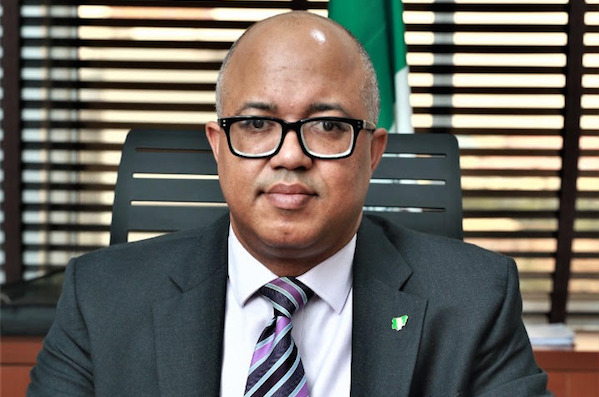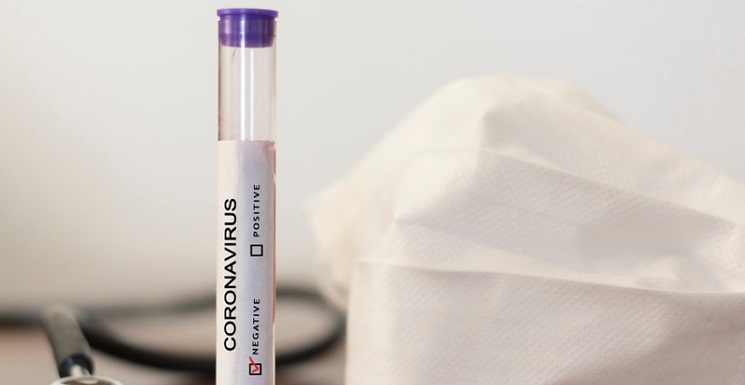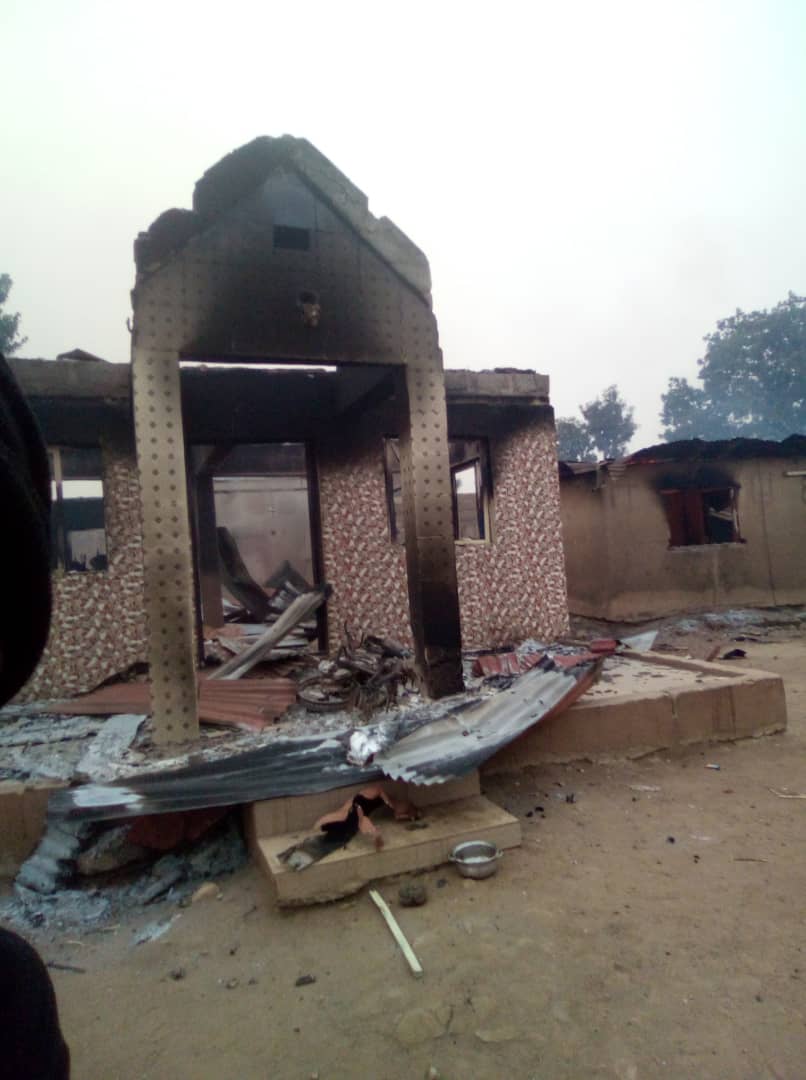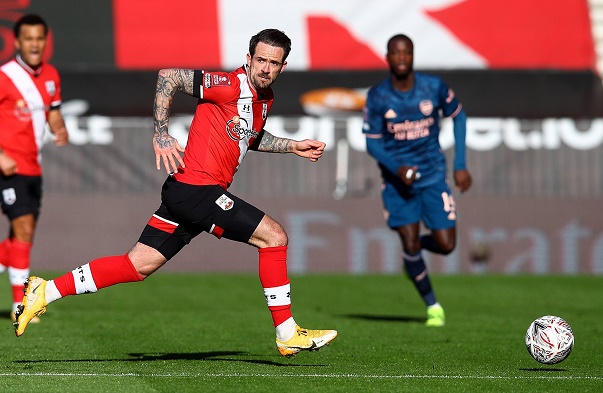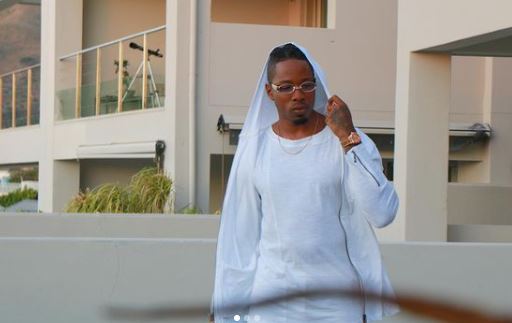Thursday made it 47 weeks since Nigeria recorded its first case of the novel coronavirus, and a lot has happened since that incident of February 27, 2020. At least 118,000 people have so far been infected with the virus out of which 1,500 — or 1.3 percent — have died while 22,500 cases are still active. At the centre of the country’s response to the pandemic is Chikwe Ihekweazu, director-general of the Nigeria Centre for Disease Control (NCDC) who has over 20 years’ experience as an infectious disease epidemiologist. In this interview with TheCable’s CHINEDU ASADU, Ihekweazu spoke about his experience coordinating Nigeria’s efforts to contain the pandemic and some of his greatest worries, including how the NCDC’s capital budget for 2021 cannot service generators in one of the agency’s laboratories, even though NCDC’s budget was increased by 75 percent in 2020.
TheCable: Nigeria has done well in terms of managing COVID cases. The recoveries show this; however, we can’t discuss how we have responded to the pandemic without talking about testing. Unfortunately, in almost a year, Nigeria has just been able to test just 1.2 million people. Isn’t that too poor?
Ihekweazu: I think it is a miracle that we have tested 1.2 million people, given where we were at the beginning of this outbreak; what it takes to build up a molecular diagnostic capacity, the resources across the states, the capacity to test; molecular diagnosis is a very complex process. We started from a very low base, and we haven’t invested sufficiently in building up our laboratory capacity for many years. So, that we have got up to 1.2 million tests at this point is a testament to the incredible hard work from a whole broad spectrum of colleagues that have worked all day and night to make sure that this is possible. We will continue growing that capacity. As we grow that capacity, we’ll keep testing more and making sure that people have access to diagnosis. But, you know, we are paying a prize for historical lack of investment in health security. So, that we have got to where we are is just a testament to the incredible hard work from many colleagues involved in testing around the country.
TheCable: From what we saw in the 2021 budget, there is not enough funds allocated to epidemic preparedness — just over N60 million — though the NCDC budget was increased by over 70 percent. We seem to still be battling with a major challenge about funding, or don’t you think so?
Advertisement
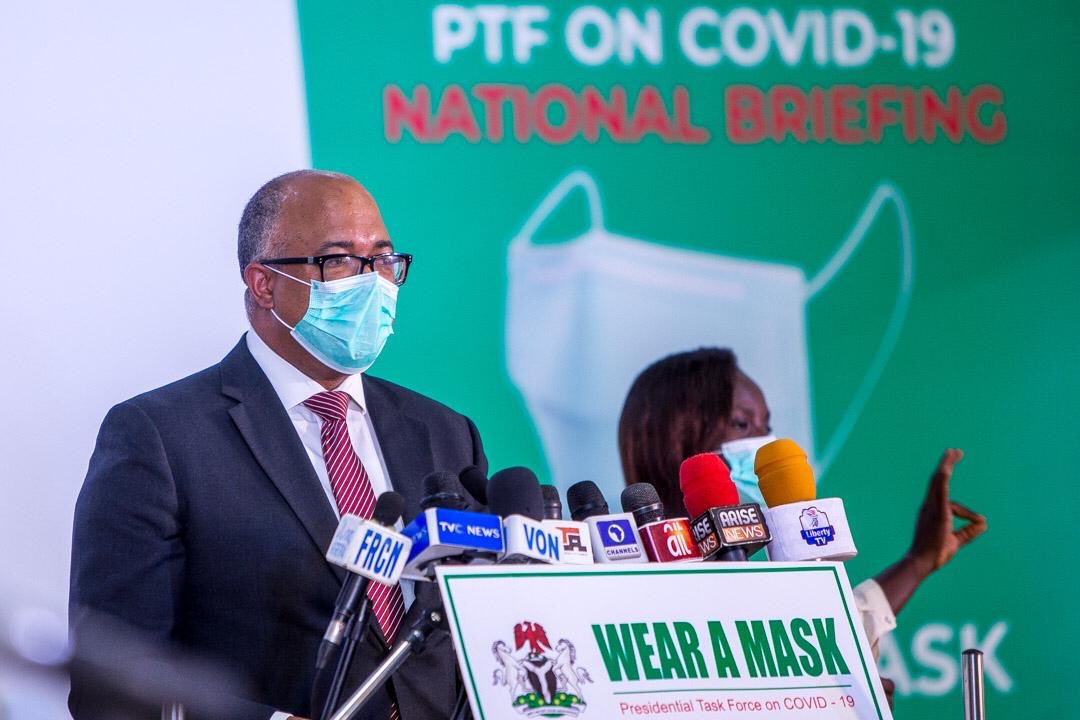
Ihekweazu: The NCDC’s budget was increased from a very low base. Our budget (capital) last year was N700 million; it was increased to over N1.4 billion but even with that, we are still not able to run the generators in one of our labs sufficiently. We need sustainable investment for Nigeria’s health security… we are in an existential crisis in terms of funding. The only reason we are able to do this work is that we get a lot of support from partners and sometimes extrabudgetary funding when there is a crisis such as this COVID pandemic. But this is not sustainable, we really need to invest more in health security. There is no other way around it.
TheCable: Aside from the issue of funding, what are the other challenges you have faced during this pandemic?
Advertisement
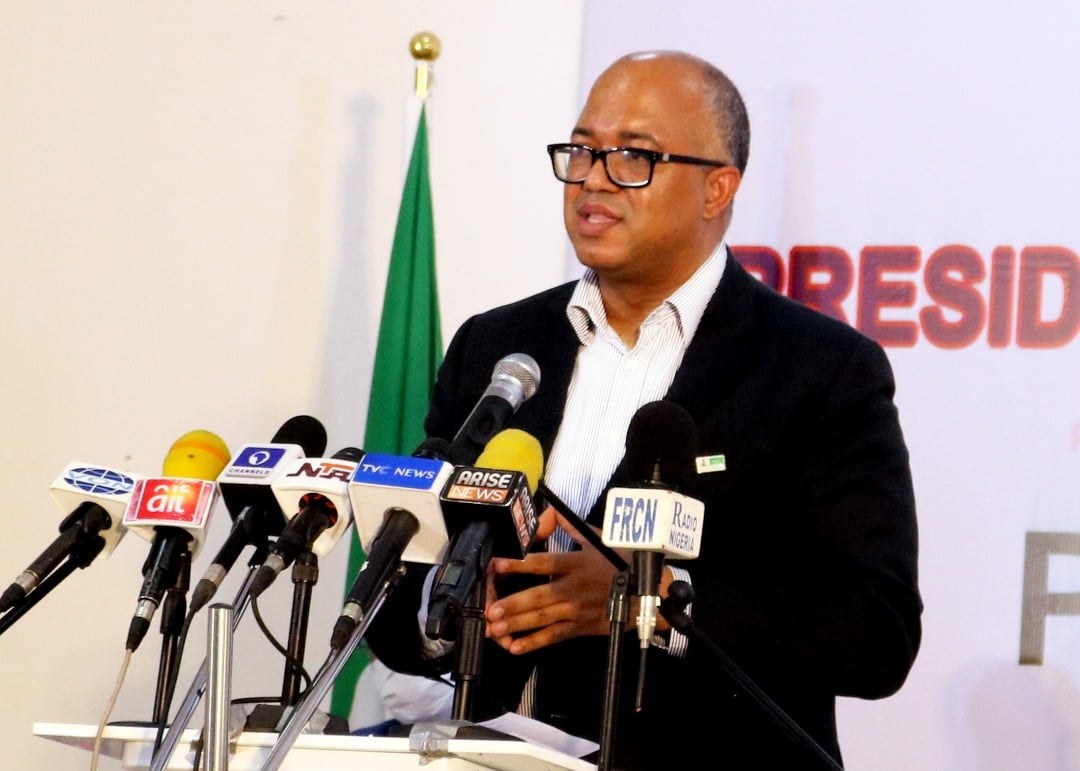
Ihekweazu: Apart from funding, I think public perception is very important. We have always maintained that our work is based on science and we will continue providing accurate and up-to-date information to Nigerians to ensure they are in the best position to make the most appropriate decisions about their own health to understand what the health challenges are and seek the appropriate care. We will continue to do this but increasingly we hear voices in our population who tend to offer an alternative to reality. So, we will continue to appeal to Nigerians to listen to science and act on it. On the other hand, too, I think in many parts of the country, we have increased the use of personal protective equipment, increased awareness about infection prevention and control (IPC) and provided the necessary support. So, I think these are some of the great successes of this response — that awareness around IPC is one of its highest levels ever. But we need to keep educating our people around the context of viruses, why we need to prevent, what we need to do, take responsibility and we allow the government to do what they can do.
TheCable: A few days ago, Babajide Sanwo-Olu, the governor of Lagos, said the state will start treating every malaria case as a suspected coronavirus infection until proven otherwise. Please, what is your take on this?
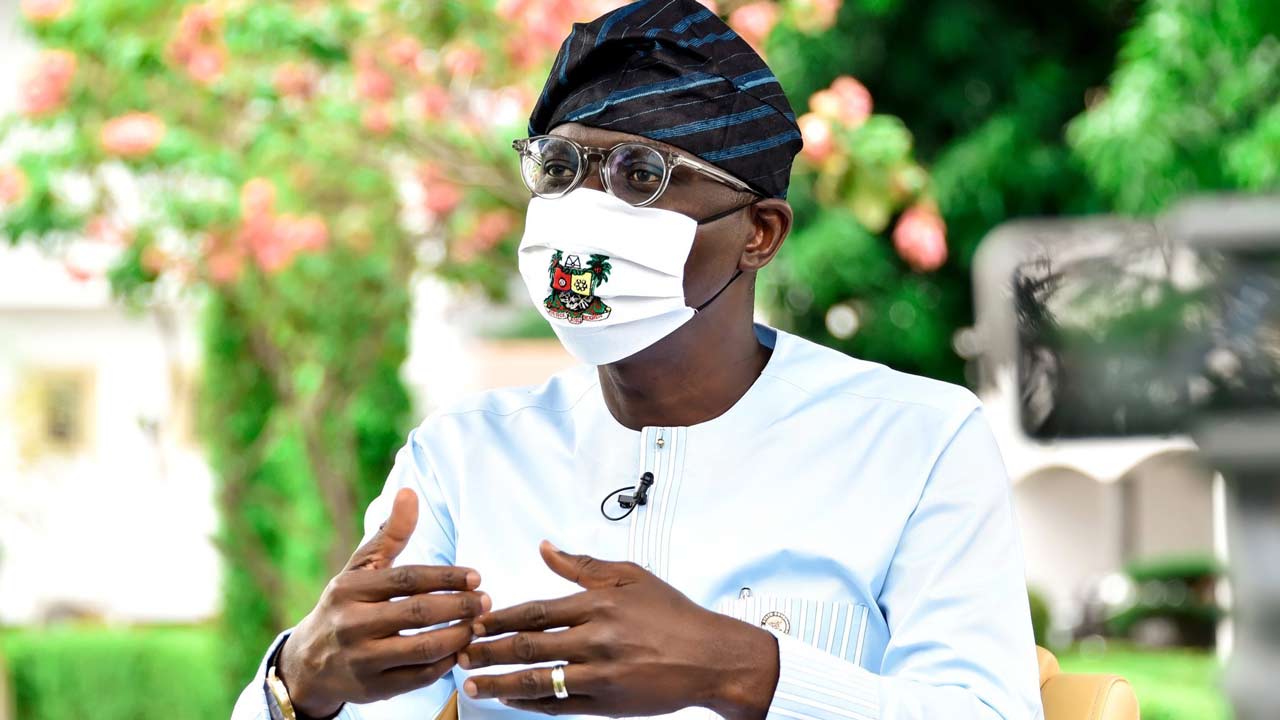
Ihekweazu: I think we really have a challenge with infectious diseases, not just about malaria. Almost every infectious disease present in a similar way with a fever and for very long, Nigerians have treated every febrile illness as if it is malaria. Now, we know that there are many other causes of febrile illness in our environment that we have to be prepared to manage all of them. So, the first thing to operationalise what His Excellency, the governor of Lagos state, has said is to improve our diagnostic capacity so that when somebody has a fever, he goes to a primary care centre, he tests for malaria and if it is not malaria, we start looking for the other causes of fever. But, very often, Nigerians treat themselves of malaria and typhoid or whatever for many weeks and only when they are at the point of death that they now come out and start seeking a diagnosis for COVID-19. So, we have to realise that the clinical presentation for malaria is not too different from the presentation of COVID or even diseases like Lassa Fever. Therefore, that should guide the decisions of both patients and healthcare providers.
TheCable: Talking about Lassa Fever, TheCable just concluded an investigation during which we found out that other diseases are not receiving adequate attention; health workers were seen without PPEs; there are gaps in contact tracing and there are even places in Enugu where people are being asked to pay money for things that should be free. It all seems Nigeria’s attention has been seriously diverted from these other health emergencies because of the pandemic. What can you say about this?
Advertisement
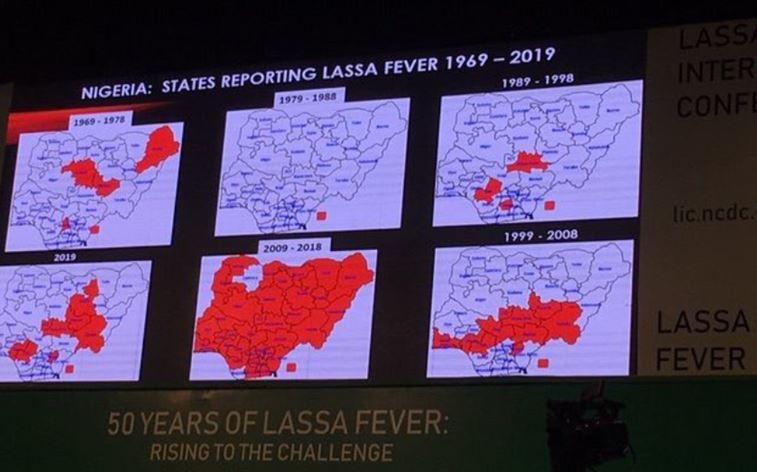
Ihekweazu: We have just sent a team to respond to a cholera outbreak last week in Benue state and we will continue to work very hard to detect every other infectious disease. Yes, COVID is distracting for the response to many other infectious diseases — that is just the reality. Healthcare workers are really consumed by this response and we need to remind everyone that there is a need to diversify our thinking and not limit all our engagement to the current challenge. So, on the one hand, I do understand and recognise the difficulty for many other infectious diseases that do require our attention. From our point, we will continue supporting the states in every way possible. Not only for COVID but for all the infectious diseases. But we also hope that a lot of the changes that have been improved — handwashing, IPC — will also prevent the transmission of other infectious diseases in our country. So, yes, it has taken away a lot of attention but it has also hopefully provided an opportunity for us to prevent the transmission of other infectious diseases.
TheCable: Why does it appear as though there is no uniformity in Nigeria’s management of COVID-19 patients?
Ihekweazu: It is important to recognise that the NCDC is not in charge of case management; it is under the federal ministry of health and various states in Nigeria. Having said that, I believe that management of COVID in the public sector in Lagos and many other states remains weak. However, some private facilities have now offered to support the efforts of the public sector by managing some cases. And, as you know, the government does not regulate the prices of commodities in the private sector. So, if a patient chooses to go to the private sector, they will pay what the private sector charges. What we are trying to do is to ensure that the public sector facilities are well prepared; people are capable of managing as many cases as possible.
TheCable: There is a spike in COVID cases, will you recommend another lockdown?
Advertisement
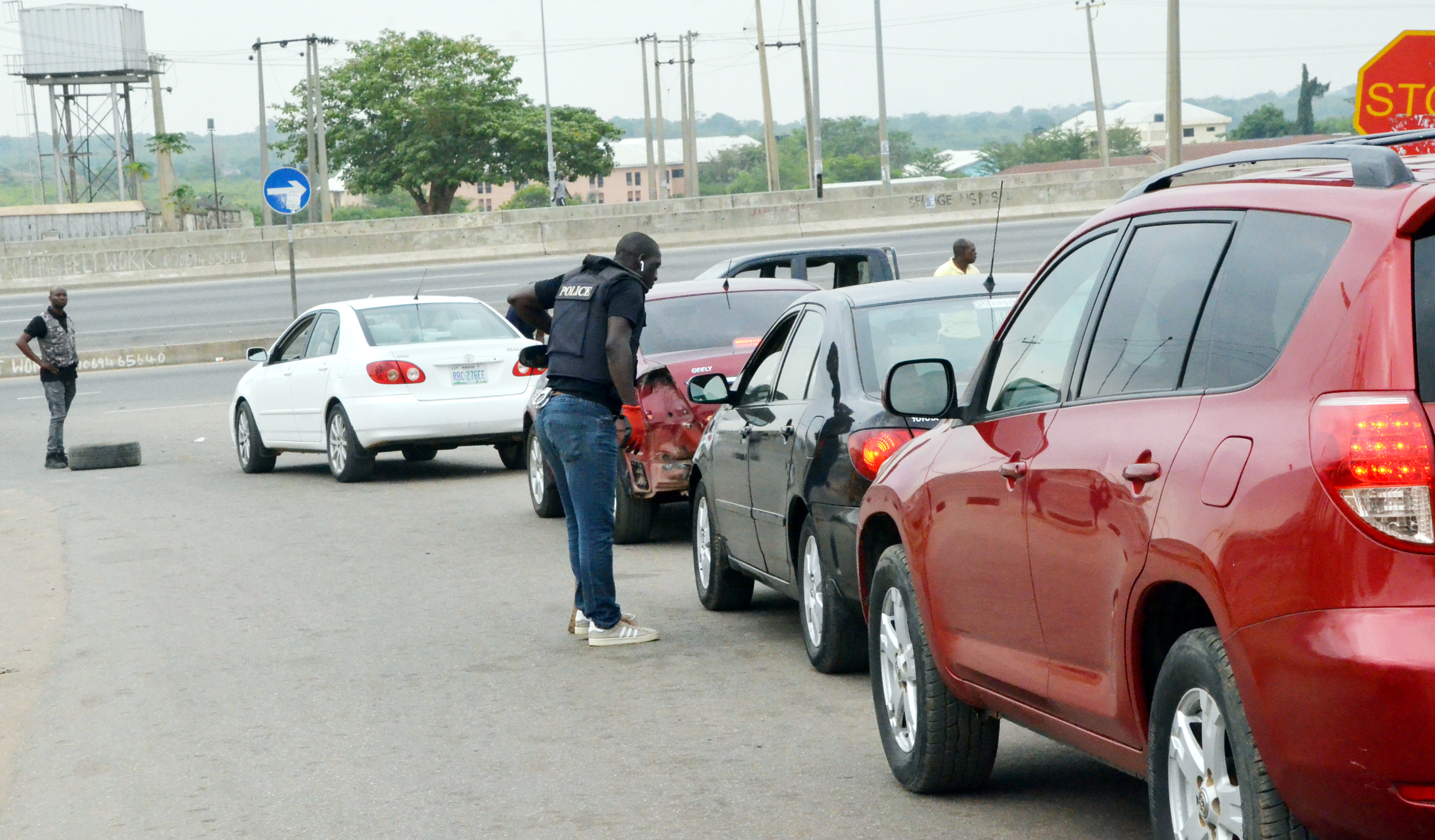
Ihekweazu: I think it is a very complex position and Mr President has the prerogative of making that decision. But, I think locking down is not the only solution. There are many other solutions we are working on; we require the collaboration of all Nigerians. Nobody wants to lock down the economy because we all understand the impact this will have. So, everybody is working very hard to avoid that situation by advocating people to take the measures we all need to take to prevent transmission. Many states — Lagos, Kaduna — are now enforcing specific public health measures that I think will reduce the transmission intensity and if we are able to do that, then we are able to prevent a more severe action. So, at the moment, we are focusing on doing our very best to make sure we can contain this outbreak. create access to vaccines as quickly as possible and prevent the implementation of any more severe measures to stop transmission.
TheCable: Recently, the minister of finance said there is no provision for COVID-19 vaccines in the 2021 budget; isn’t that an oversight? And now, we are talking about local vaccine production. Are you optimistic about this, considering how long it takes for vaccines to be produced?
Advertisement

Ihekweazu: I think there are two separate things. Our priority right now is to gain access to vaccines that have already been developed. Vaccine development is an extremely complex area and everybody is focused on gaining access to those vaccines in order for us to protect our people. I think the subject of local vaccine production is a much more complex one; the government has started the process, it is a journey and not something that would happen overnight and I am optimistic that with consistent and sustainable investment, we will get there eventually. But our immediate priority is to gain access to the existing vaccines in order to offer protection to our people.
Advertisement
Add a comment

